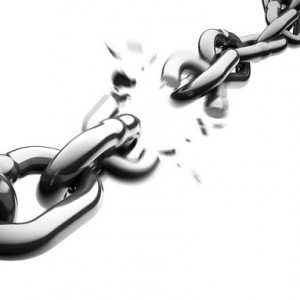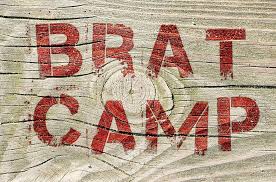What is a Residential Treatment Center?
Residential treatment centers for troubled teens are similar to Specialty Boarding Schools, except they include individual and group therapy. Being residential means the teens reside at the center, typically 6 – 18 months. Most residential treatment centers include a full academic program so teens can continue their education while at the center, however; education is secondary to maintaining emotional and behavioral health. They differ from Specialty Boarding Schools as they have therapist on staff and don’t usually need to contract outside services to provide individual and group therapy.
Which teens are appropriate for Residential Treatment Centers?
Residential treatment centers are long term, typically 6 – 18 months. They are most appropriate for teens that need long term help for serious issues like Oppositional Defiant Disorder, Depression, Bipolar disorder, as well as some personality disorders. Candidates for a residential treatment center would include teens that have been abusing drugs or alcohol, getting into a lot of trouble at school, or have other emotional or behavioral problems. Teens who have been to other ‘quick fix’ type programs or treatment centers and have returned to the old behaviors need more long-term help and can benefit greatly from the environment of a residential treatment center. Teens with suicidal ideation or severe depression would also benefit from a residential treatment center.
Which teens are not appropriate for Residential Treatment Centers?
Residential treatment centers may not be appropriate for teens that have only moderate problems. Teens that only need a ‘quick fix’ may not need a long-term program. A teen that is getting into mild trouble at school or has just started talking negatively may not need a residential treatment center. If problems are just beginning a family should consider local help and solutions that are not as drastic as sending the teen to a center for several months. Talking with professional counselors in your area can help you determine what kinds of treatment options are best for the teen issues and problems your family is dealing with. Some teens do very well with outpatient programs that allow them to live at home and continue to attend their regular school.
Why Residential Treatment Centers are appropriate for Behavior Modification?
Because residential treatment centers are long term and include therapy, they give the teen enough time to make lasting changes. Residential treatment centers include therapy and are able to spend the time working with the teens to delve deep into the causes of the emotional and behavioral problems the trouble teen may have and to introduce them to a new environment that will, over time, adapt their thinking and the way they process their environment to help them make better decisions in the future. Because the poor behavior was often exacerbated by environmental factors that contributed to their problems, it may be required that their previous living conditions change once they leave the residential treatment center to prevent relapse. Some residential treatment centers are available for many issues including: abuse, drug and alcohol use, behavior issues etc.
How much does a Residential Treatment Center cost?
Teen Treatment Centers are more expensive than Specialty Boarding Schools because they include therapy. The costs range between $4,000 to $11,000 a month. Some expenses for the therapy may be paid by health insurance. Check with your health insurance company before assuming they will pay for any of the costs of a residential treatment center.
It is important to note that residential treatment centers are not always drug treatment centers – you should look into drug rehab facilities if you are looking for drug treatment.
What to ask before choosing a Residential Treatment Center
Because not all treatment centers are created equal, it is important to do a lot of research and ask a lot of questions before selecting a program for your teen. The following is a general list and it is not mean to be fully inclusive but will give you an idea of the type of questions to ask and research.
- Is the center licensed by the state and what specifically is the center licensed for: metal/behavioral health, rehabilitation, education, etc.?
- What academic curriculum is available, if any? How much priority is place on education? Do all participants participate in an educational program?
- Does the residential treatment center have accreditation? There are several independent, non-profit organizations that provide accreditation for these programs and you can check with them to find out more about a specific centers accreditation: Joint Commission (JACHO), Council on Accreditation (COA), and Commission on Accreditation of Rehabilitation Facilities (CARF).
- What credentials do your directors and staff have? Ask about degrees, experience, endorsements, and references.
- How much experience does the staff have? Have they worked at other residential treatment centers? What type of issues are they trained to deal with? Do they have CPR and other emergency training?
- What type of pre-assessment screening is done? How familiar do you become with individuals and their problems before accepting them into the program?
- Does each person have an individualized program and how often is the program assessed?
- How is discipline handled? What happens in case of an emergency?
- How often can you communicate with your teen? How is success defined/determined? Is there any kind of refund policy if the program is not completed and/or is unsuccessful?
If you have specific concerns for your teen, be sure and find out ahead of time how the center will handle the situation or issues you are wondering about. Check with the US Government Accountability Office to see if any complaints have been filed with the center and what the outcome was.

